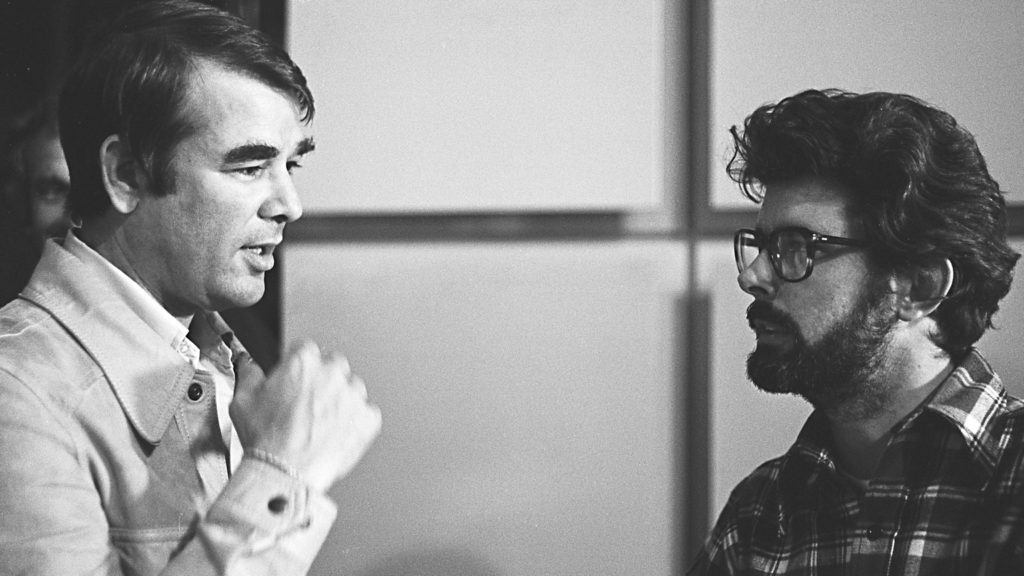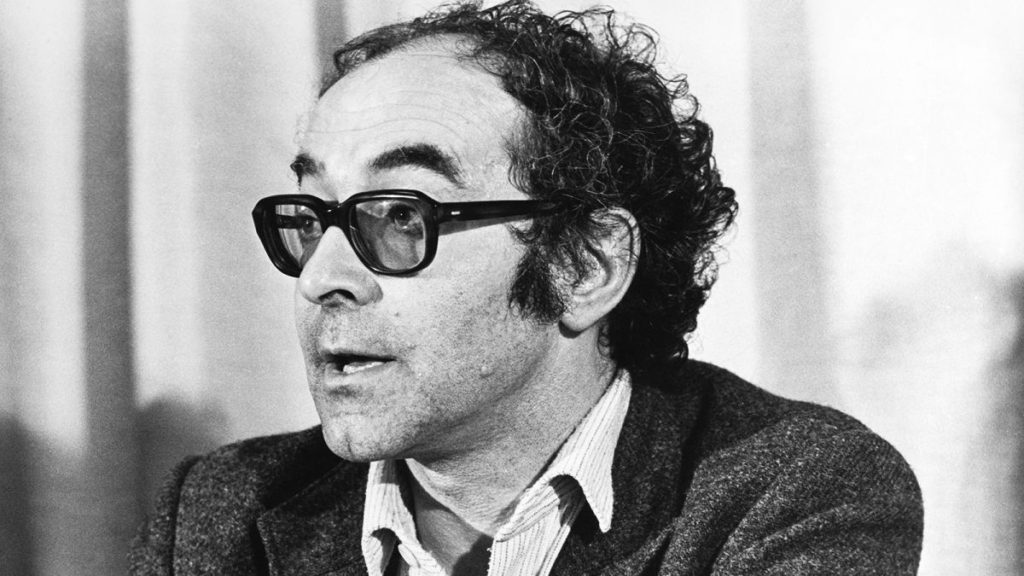
Peter Bogdanovich will rightly be remembered as the writer-director of at least one undisputed masterpiece, The Last Picture Show. He also directed some near-masterpieces and some infamous flops. But he was also a popularizer of film history and an unsurpassed raconteur. The NYT could appropriately describe his life and career as “a Hollywood drama”. As a personal note, four of my very favorite films are his The Last Picture Show, What’s Up, Doc?, Saint Jack and They All Laughed.

I don’t often celebrate Hollywood suits, but studio exec and producer Alan Ladd, Jr., had a major artistic and social impact on American cinema. Ladd is being remembered now chiefly for being the guy who greenlit Star Wars, which seems like a no-brainer now, but it wouldn’t have happened without Ladd; then in his thirties, Ladd was younger than his Hollywood peers, but old enough to have enjoyed the Flash Gordon series as a kid. Ladd also supported Mel Brooks’ vision to shoot Young Frankenstein in black and white.
We don’t immediately think of Ladd as a feminist warrior, but it was Ladd who changed the character of Ripley (Sigourney Weaver) in Alien from male to female. And Ladd was the key player behind the most groundbreaking of 1970s feminist cinema: An Unmarried Woman, Norma Rae and 9 to 5, and,15 years later, the iconic Thelma and Louise.
Ladd’s body of work was astounding: Chariots of Fire (Best Picture Oscar), Braveheart (Best Picture Oscar), Body Heat, To Live and Die in LA, The Right Stuff, Moonstruck, A Fish Called Wanda, The Man in the Moon, Gone Baby Gone, All that Jazz, Breaking Away, A Wedding, Julia, The Three Musketeers, Harry and Tonto, The Scent of a Woman, The Omen and even Kagemusha.

Writer-director Jean-Luc Godard, with his jump cuts, non-linear structure and other innovations, helped revolutionize cinema as a leader of the French New Wave. He made three masterpieces in early 1960s: Breathless, Contempt and Band of Outsiders. This is the Godard of “All you need to make a movie is a girl and a gun.” But by 1968, Godard’s thinking has become so devoid of humor, nuance, texture and ambiguity that his became one-dimensional and boring. Indeed, I have found all of the Godard films since 1967’s Weekend to range from disappointing to completely unwatchable.
Bob Rafaelson was a New Hollywood director, a peer of Martin Scorsese, Francis Ford Coppola, Steven Spielberg, George Lucas, William Friedkin, Peter Bogdanovich and Brian De Palma. But Rafaelson only made one great movie, Five Easy Pieces, which he co-wrote. Five Easy Pieces, though, is by itself an eternal legacy.
Director Wolfgang Peterson made a harrowing submarine masterpiece, Das Boot, one of the great war (and anti-war) movies. Then got to make lots of big Hollywood action epics, none of which were as good as Das Boot.
Composer Monty Norman created the James Bond Theme for Dr. No, which has been used in every Bond film flick since. Norman massaged a tune he had written earlier, and, as his NYT obit quoted him, “I thought, ‘My God, that’s it. His sexiness, his mystery, his ruthlessness — it’s all there in a few notes’.”
